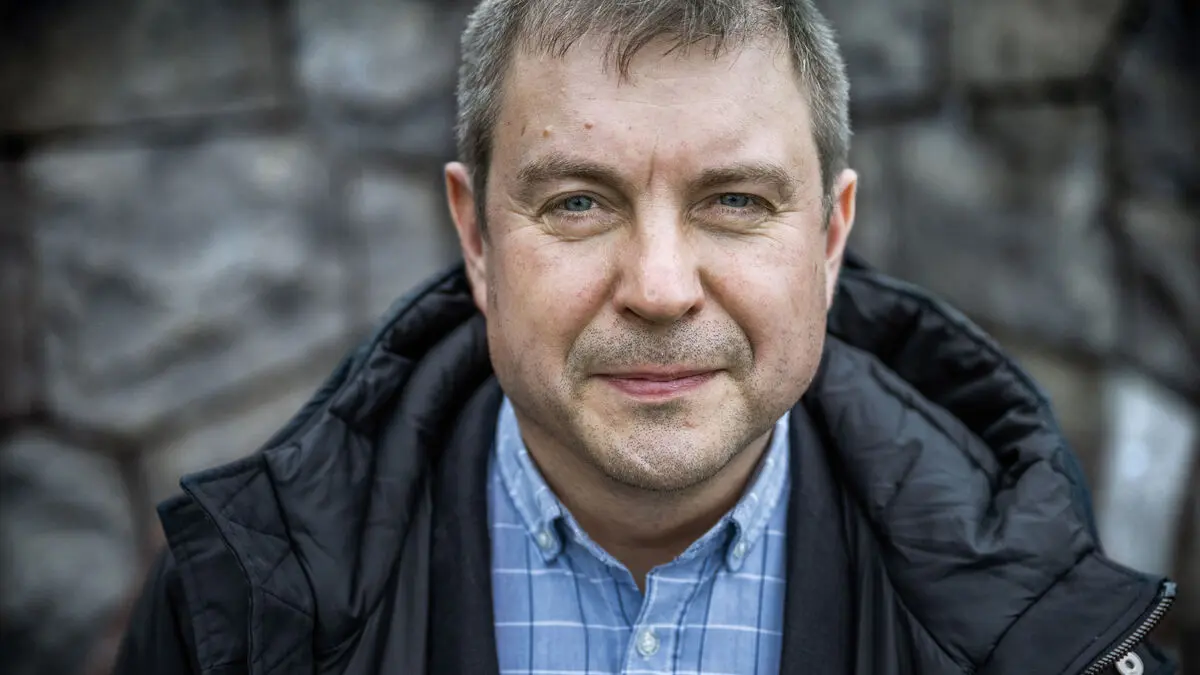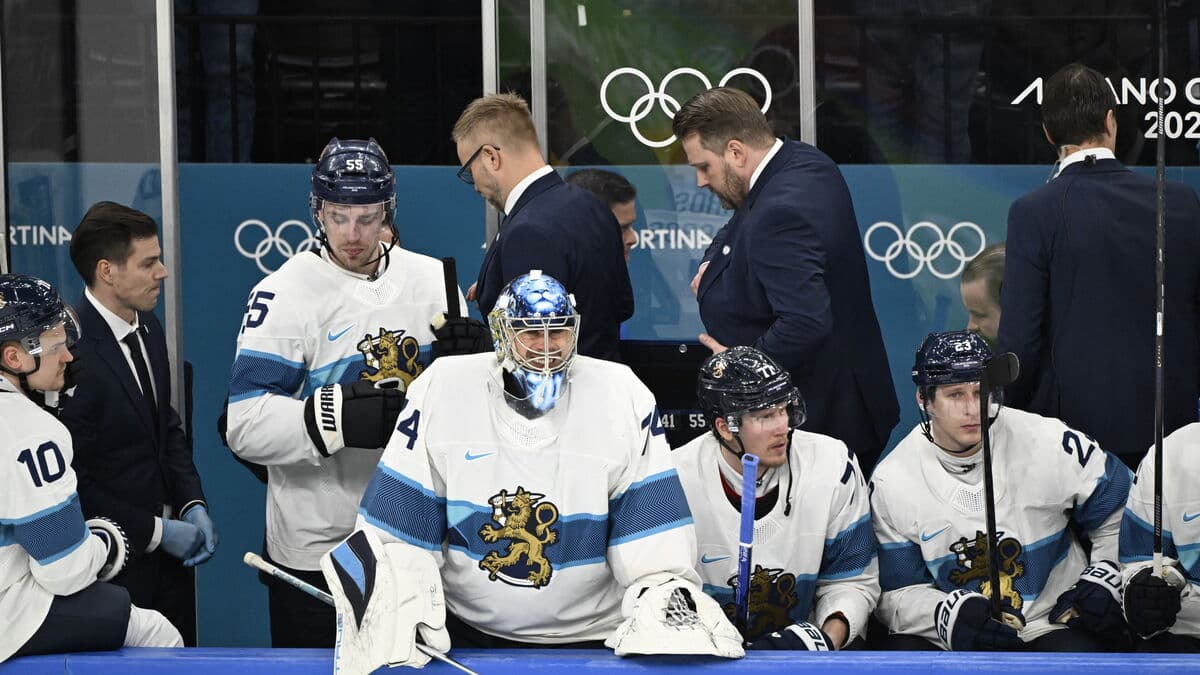Sergei Lebedev sits down on a simple stool. He doesn't want to sit back and discuss how a Russian writer can write about Russia's war in Ukraine without committing abuses?
Russia is committing crimes in Ukraine. When the goal is to write about these crimes, unfortunately you have to go to where the crimes are committed. You can't write a story about crimes without a crime scene, he says.
“The White Lady” is set in the now-occupied Donbass. Lebedev began writing in 2014, out of frustration over the war that Russia denied. Eleven years later, he believes the war will continue as long as Putin lives.
I don't like the tendency to give too much importance to individuals, but he is trained to see Ukrainian independence and nationalism as one of the biggest threats. It's not about his psyche, it's about how his professional paranoia was formed.
Advertisement
Nerve poison
Before his exile in 2018, Lebedev depicted a fictional nerve agent developed by Russian laboratories for use against regime critics. The novel “Debut,” based on KGB documents from Lithuanian archives, was published around the same time that Alexander Navalny was poisoned with Novichok.
This time Lebedev, a trained geologist, writes about coal mine shaft 3/4, a burial site for Jews who were arquebusied by the Nazis during World War II. There are several such sites in Donbass, including in Bachmut, where the fighting in 2023 has been described as one of the bloodiest battles since World War II.
It's not that I invented anything, says Sergei Lebedev, who has made an effort to show "the whole picture", among other things because the victims of the mine were not described as Jews but as "peaceful Soviet citizens".
Counterforce
As a counterforce, he has included Marianna, the manager of the mine's laundry, whose care for a long time manages to keep the evil of the historical actions at bay.
"I have been to many places of mass executions, it is part of my research and my artistic life. Sometimes these places have guards who take care of them, who try to protect them from falsification of history," says Lebedev.
The bravest of all is the washerwoman's daughter, in whose fate Lebedev inscribes a kind of divine justice, without thinking that he is going too far.
If you look at the warlords who started the war in 2014, 90 percent are dead today. They are killed by their own kind, by the Russian kind of people who are self-destructive – that is good for humanity.
Erika Josefsson/TT
Facts: Sergei Lebedev
TT
Born: 1981 in Moscow.
Lives: Since 2018 in Potsdam in the former East Germany.
Background: Geologist just like his parents. Worked for 14 years as a journalist at "Första september", a Russian teachers' magazine with a large circulation that at the time wrote about culture, politics, history and other "things that a good teacher must know beyond the profession".
Books: In Swedish there are “Vid glömskans rand”, “Augustimänniskor”, “Debutant” and now “Vita damen”. He has been translated into Swedish by Nils Håkanson and Ola Wallin.
Right now: Studying German to be able to write and work in that language as well.






